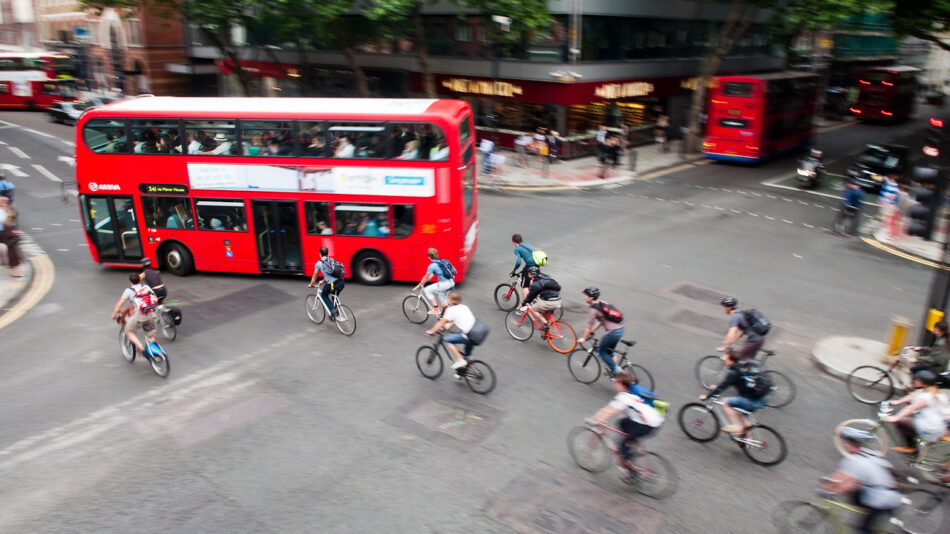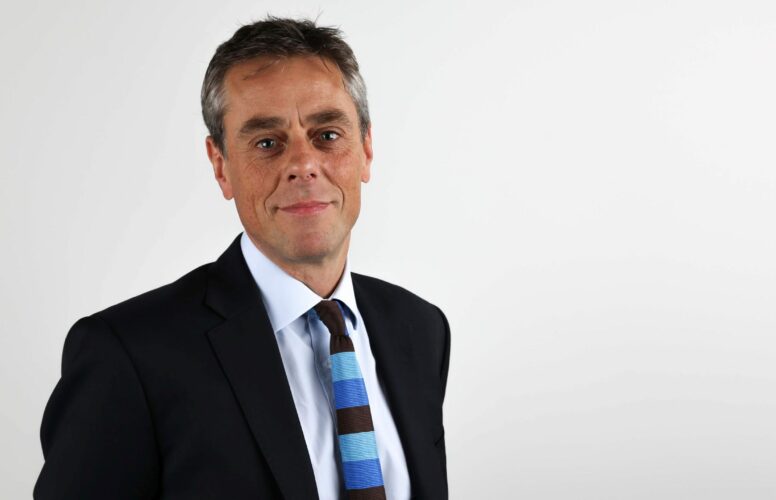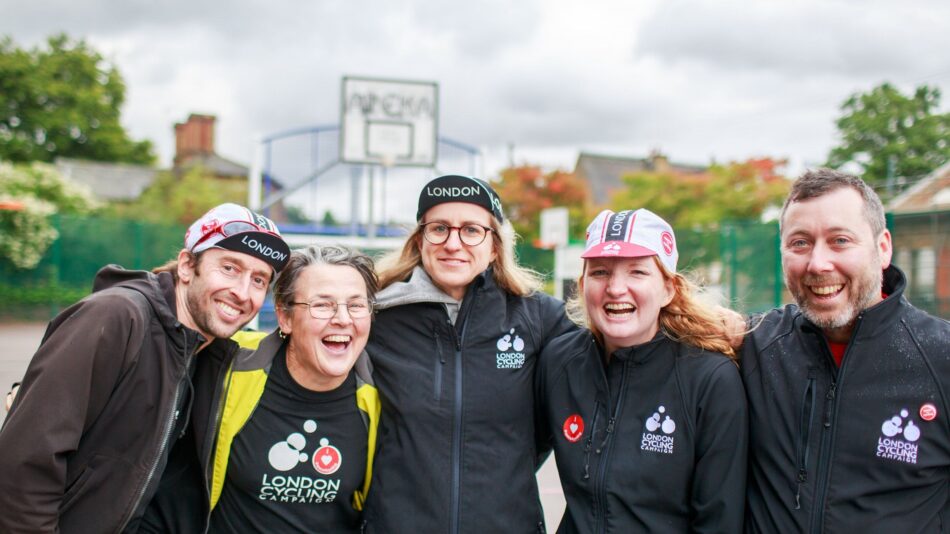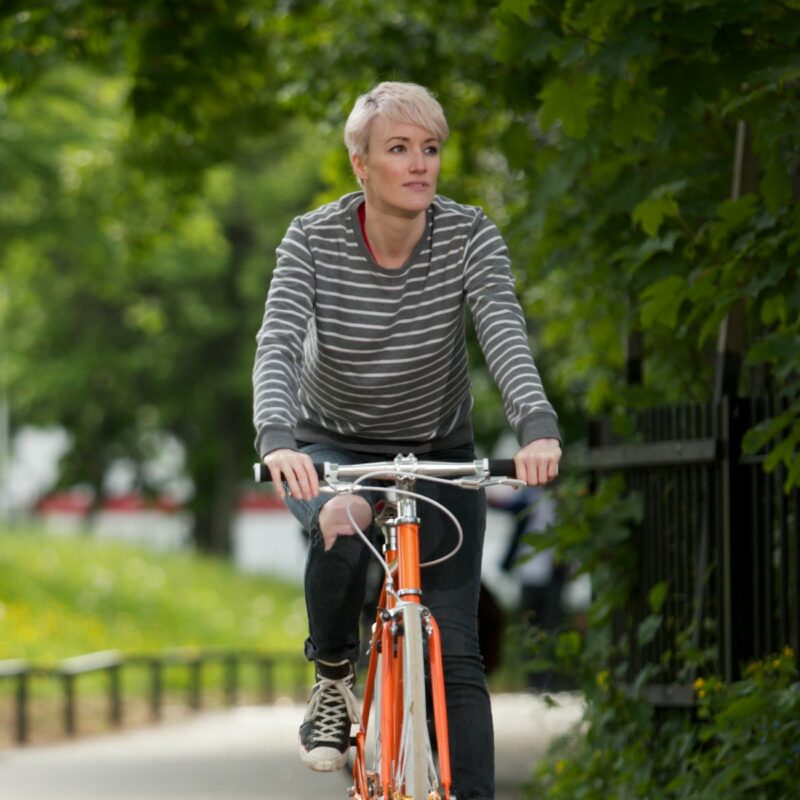

Cycling in London is generally safe but collisions do occasionally happen and it’s important to know what to do if the unfortunate should occur. LCC’s legal partner Osbornes Law have put together this guide on what to do if you witness or are directly involved in a collision to protect your health and legal rights.
It’s important to call an ambulance or get someone else to do so if anyone is seriously injured. Be prepared to tell the operator where you are and explain what happened.
If you’re calling on behalf of someone else who is injured, the call operator will be able to tell you what to do to keep the casualty comfortable until the emergency services arrive. If you’re not sure how serious the injuries are, call 111. That’s the non-emergency number, and the operator can give you advice.
Once everyone is safe and clear of the road, grab your phone or a pen and paper and make a note of the following information:
If there’s any type of injury to you or damage to the bike, report the incident to the police either straightaway or within 24 hours. Note the name of any police officers attending the scene, their station and a Traffic Case Reference Number, ‘CAD’ (Computer Aided Despatch) or ‘CRIS’ (Crime Reference Information System) number.
You’ll need these numbers to trace the progress of your case if there’s a prosecution.
If a pothole or road defect brought you off your bike, report the incident to the highway authority. This will be the local authority unless it is a major road such as a red route when it will be Transport for London. If you’re not sure how to do this – our lawyers can help.
Even if another road user is involved you may still have a claim against the highway authority where there is a surface defect or negligent design of a road.
See a doctor, even if you feel okay. Injuries, and especially head injuries, can show up later so it’s important that you visit your nearest Accident and Emergency, Minor Injuries department or your GP to get checked out.
Either way, you have evidence that you were hurt in the collision which will help you later on.
Now for something you should not do: Do not admit responsibility as this may count against you later. It’s human nature to want to say ‘sorry’ but if you admit fault, the court may decide that you’re not entitled to any compensation for your injuries. When reporting the incident, just stick to the facts and tell the police what happened from your perspective.
If the other road user admits fault, then make sure you record it.
Since 2014 Osbornes Law have been LCC’s legal partner – their cycle accident lawyers help cyclists who have been involved in a crash and LCC members can access a free telephone advice helpline where expert lawyers will answer your questions and provide advice.
“After a collision, calling a solicitor may not be the first thing on your mind. Quite rightly seeking medical attention will be a person's upmost priority. It is however always worth contacting a solicitor for some free advice. It also doesn’t matter whether or not you have come off your bike due to another road user or even if it was partly your fault.”

Stuart Kightley - Partner, Osbornes Law
It won’t be the case for everyone, but if you experience any ongoing stress or anxiety following a collision or road incident support is available. You can contact the Roadpeace Victim Support Line on 0845 4500 355, visit your GP for support and advice or contact LCC on 020 7234 9310.

Support Our Work
LCC is highly effective thanks to the support of our 12,000+ members. If you cycle in London please consider joining today. You'll be supporting our work and get a huge range of benefits too.
Keep Up To Date
